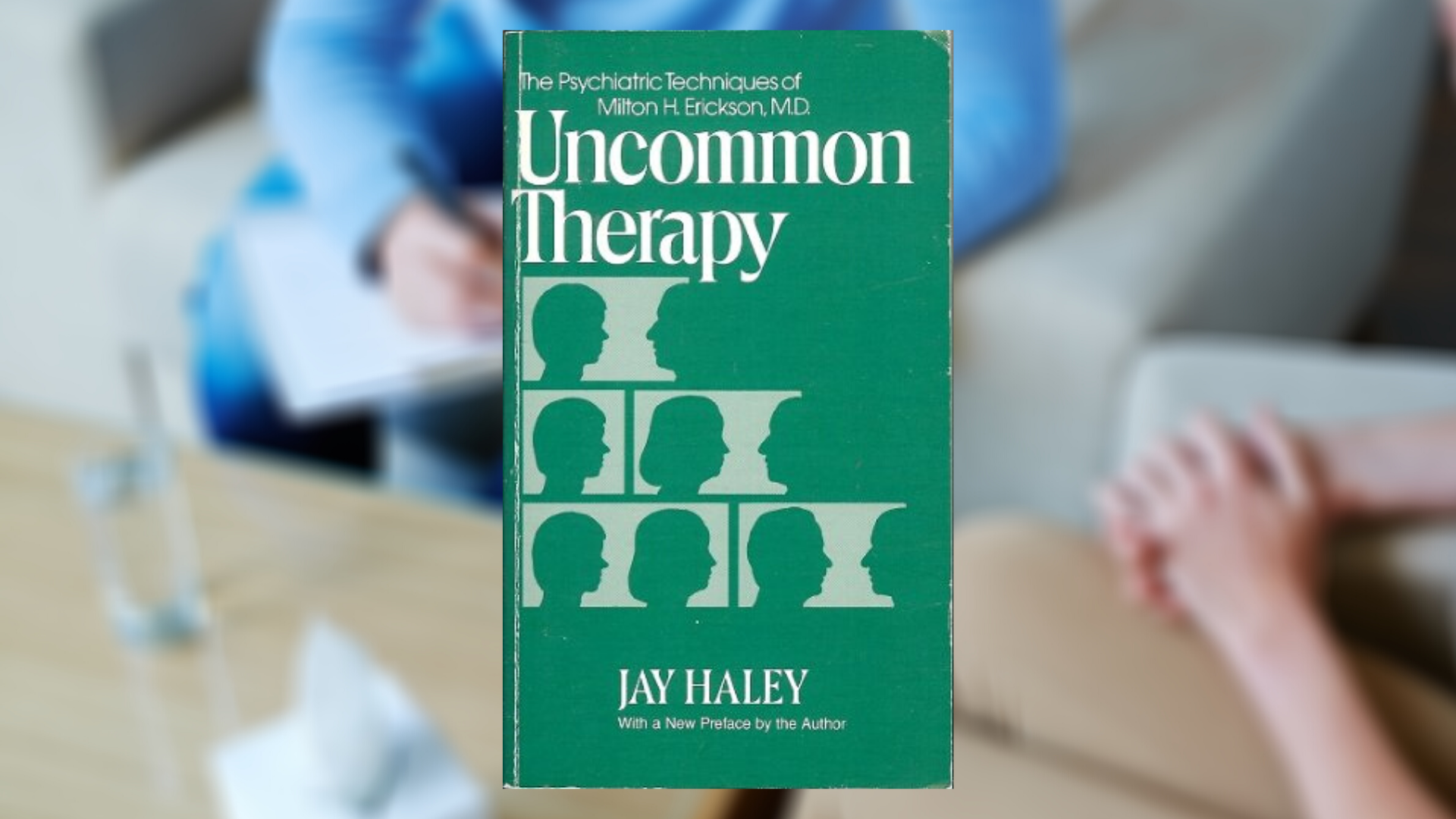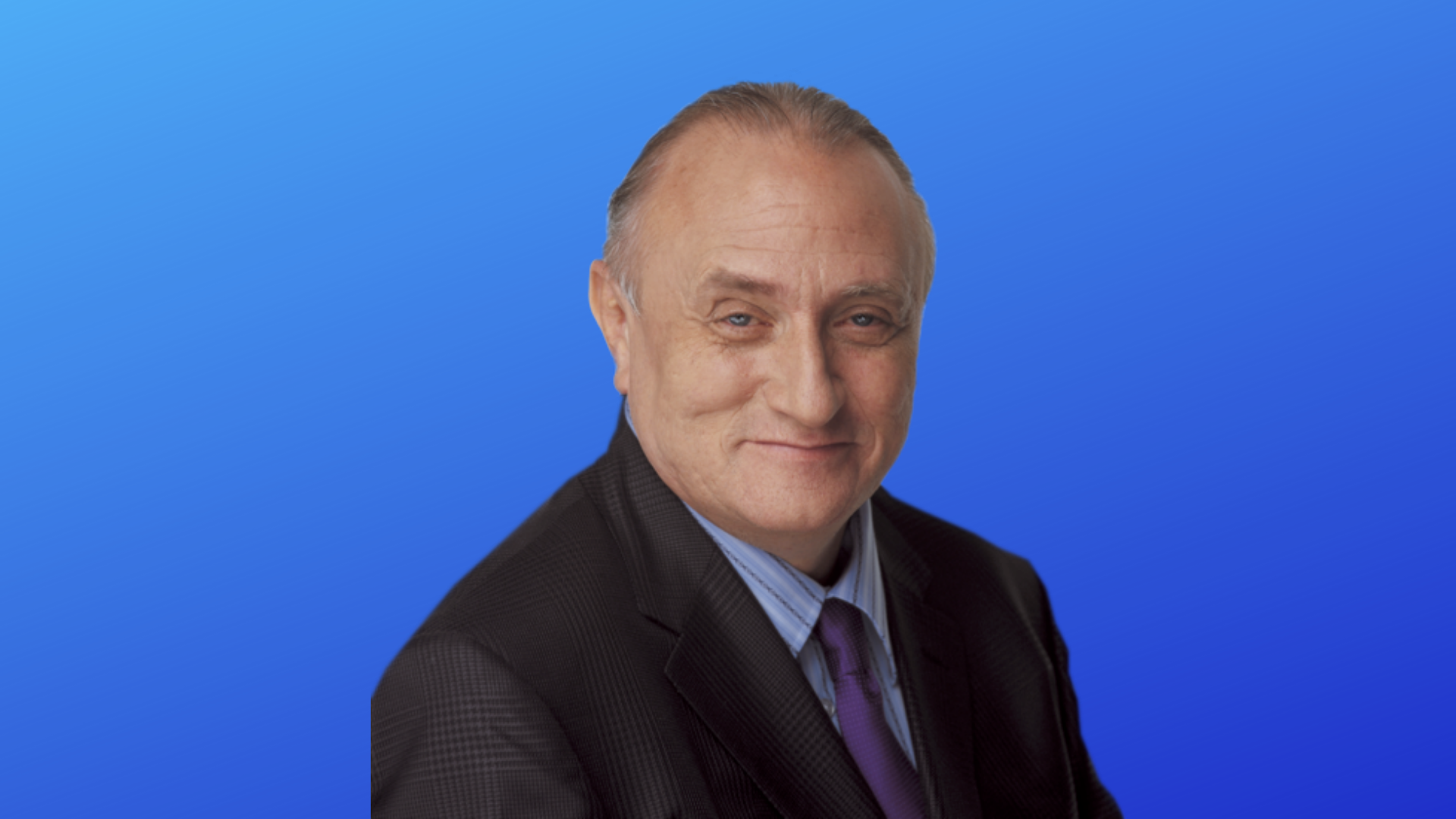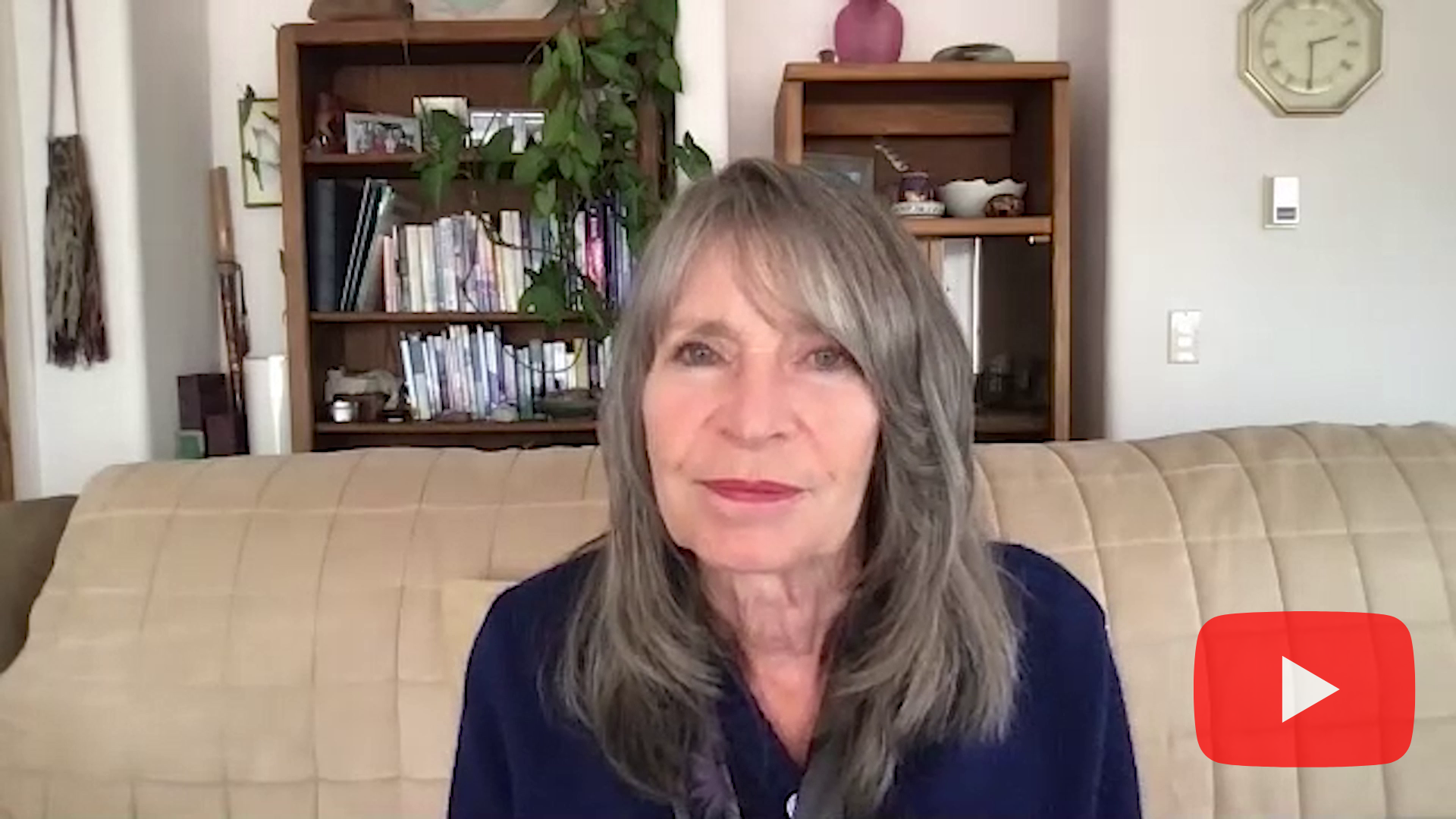
Development of My Professional Philosophy, Part II
I’d love to share more with you about my client Joe who was institutionalized for 30 years after having a strong reaction to hearing a radio for the first time. Here is more of his story . . .

Development of My Professional Philosophy, Part III
You may remember from last week I shared about discovering the work of Dr. Milton H. Erickson (MHE) and how important his work is to me. Additionally, I discovered the work from the Mental Research Institute in Palo Alto, CA called Brief Strategic Therapy where they also studied the work of MHE and taught tools for resolution to problems.

5. Resistance
Last week, I referred to RESISTANCE and its role in the mental health profession. As a review, the concept of resistance is applied to the reaction of clients who do not change or let go of their defense mechanisms. These individuals are referred to as “resistant clients.”

8. Using Unconscious Responses in Therapy
In my quest to learn how Dr. Milton Erickson helped so many people so quickly, one area of study I pursued was Neuro-Linguistic Programming (NLP).

9. Working with Hopelessness
For today’s article, I am beginning a series addressing a number of questions that are frequently asked in our society today. The past year has been quite challenging, and hopelessness is experienced by many.

11. Why Some Therapy Models Help and Others Don’t
During my 40-plus years as a psychotherapist, my clients have shared information with me about their previous years of therapy. They often arrive at our initial session with a diagnosis given to them when they first sought help. They feel hopeless and frightened that the label they were given defines them and will affect the rest of their life.

12. Creating Change Using Our Inner Resources
Continuing with the concept that change comes from accessing and utilizing our own inner resources to find resolution to our problems and move toward our goals, I will share ways to put this to practice so that you can create changes you want in your life.

13. How Our Attempted Solutions Perpetuate our Problems
When we struggle with sadness, anger, fear, other unwanted emotions and behaviors such as any type of addiction, it feels like we have no control, and our only choice is to suffer with our pain.

My Healing Story, Part I
I was well into my Neuro-Linguistic Programming (NLP) studies and in my second year of graduate school for my MSW (Master of Social Work), when I was in a horrific automobile accident. My fiancé, Bill, was killed instantly, and I nearly died, breaking many bones in my body. I had never known anyone who had died, and I had never broken a bone.

My Healing Story, Part II
One of my friends who came to visit me in the hospital asked: “How can you manage to cope with all the tragedy going on in your life?" (Fortunately, most people didn’t say that out loud.) My response was: "What choice do I have?" I was forced to go beyond anything I thought I was capable of dealing with and learned new ways to handle challenges.